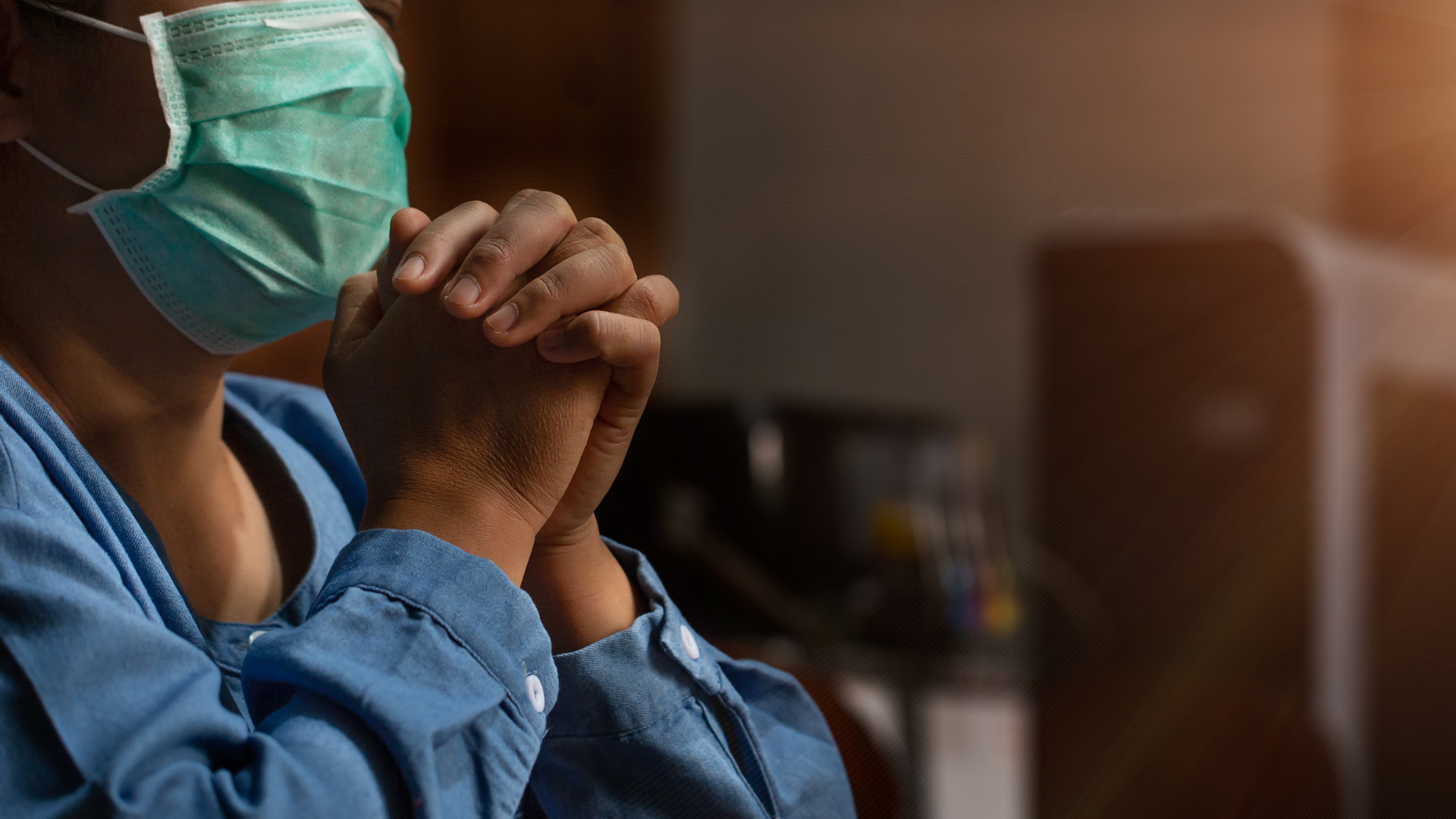The Jingle Blues!
With thanks to our member Dafiny Alves for this article. I was about seventeen the first time I heard of “winter depression”. My father was driving me to school, and the man on the radio was talking a...
There is no doubt that the last 12 months have been an emotional and psychological roller-coaster. From anxiety inducing headlines back in early 2020 about toilet paper shortages to the incredibly heart-warming story of more than 750,000 people signing up to join the "volunteer army" to help relieve the pressure on the NHS: we have been through so much in a relatively short space of time.
There are those who have felt the searing pain of losing loved ones, been isolated or suffered loneliness.
It has been tough to adapt to a new normal when so much of the way we lived before disappeared overnight. Our "go to" places of: work, leisure, pleasure or worship - no longer available to us, and our everyday lives seemingly shrank to four walls. We are creatures of habit and we are social beings, so this particular health crisis has truly had an effect on us on a very visceral level.
However, although we didn't choose nor were we necessarily mentally prepared for this pause in time, there have been seismic shifts that have come about as a result of us having more time to reflect, and pay attention to a wide range of issues without being distracted. For instance, a spotlight has been shone on inequalities, racism and poverty. Even the environment has had the time and space to start to repair.
On a more individual level, we have had more time to think about what really matters to us. For example, with schools having to close, parents have spent more time with their children. This unexpected challenge, has perhaps also offered the chance to spend quality and bonding time together as a family. This may have been time they may never have been able to have prior to the crisis.
We have had the opportunity to appreciate those around us. Maybe we took teachers and key workers for granted, but this crisis really opened our eyes, to how invaluable they truly are. Neighbours have checked in on each other and different communities have come together to support one another.
Having more time may have given us the creative opportunity to take simple steps towards positive change: from improving eating habits, saving money, learning a new skill, changing how you work, to re-evaluating personal relationships.
If this time has felt and continues to feel challenging, one of the ways to manage it is by taking control. Give yourself the space to reflect on what you have found nurturing and positive in the way that you live, give yourself permission to ditch what no longer serves you and focus on what you may need to make space for, in order to thrive.
Finally, something crucial has happened as a result of this health crisis, and that is the normalisation of reaching out and getting support. We all need support from time to time and if you are struggling, it is ok, in fact it is human to reach out and ask for help.

With thanks to NCS Ambassador for Media and Cultural Diversity, Anjula Mutanda, for providing this blog.
Anjula is a consultant media broadcaster, Psychotherapist, relationship Psychologist, family dynamics expert, social scientist, mental health campaigner, author, journalist and columnist. You can find out more about Anjula and our other Ambassadors here.

If you're looking for a counsellor, you can search our register by location or name, and you can also check whether someone is on the NCPS accredited register.
Search the Register
Use our Find a Course tool to find the nearest training providers who offer NCPS Accredited, Advanced Specialist, Quality Checked or CPD courses. These courses are currently run across the UK.
Find Out More